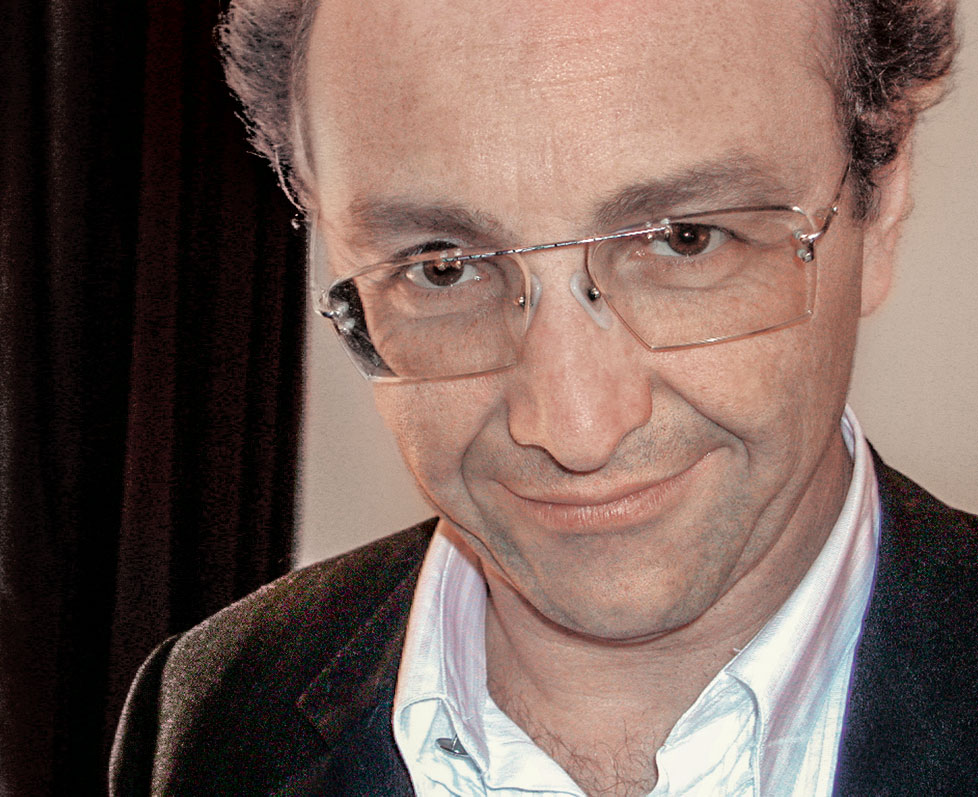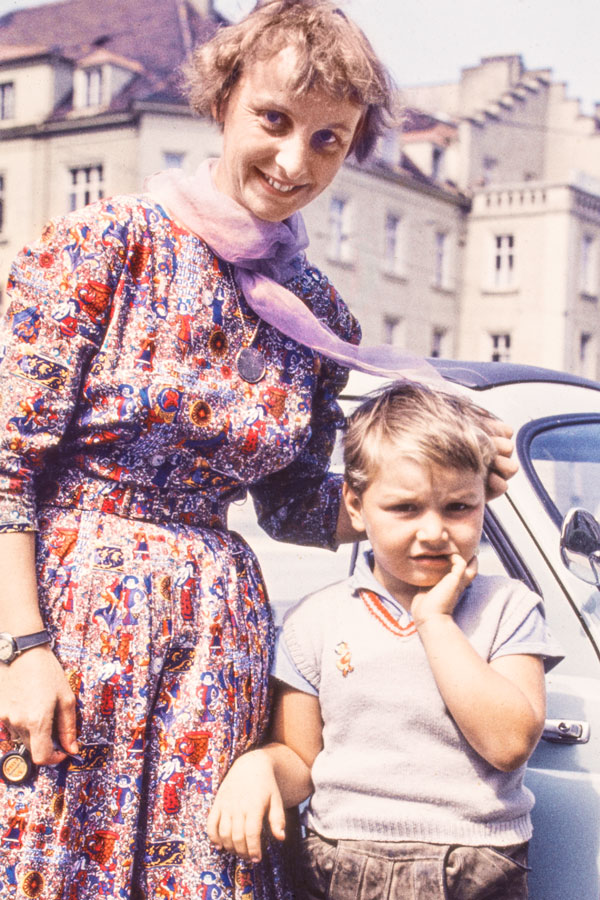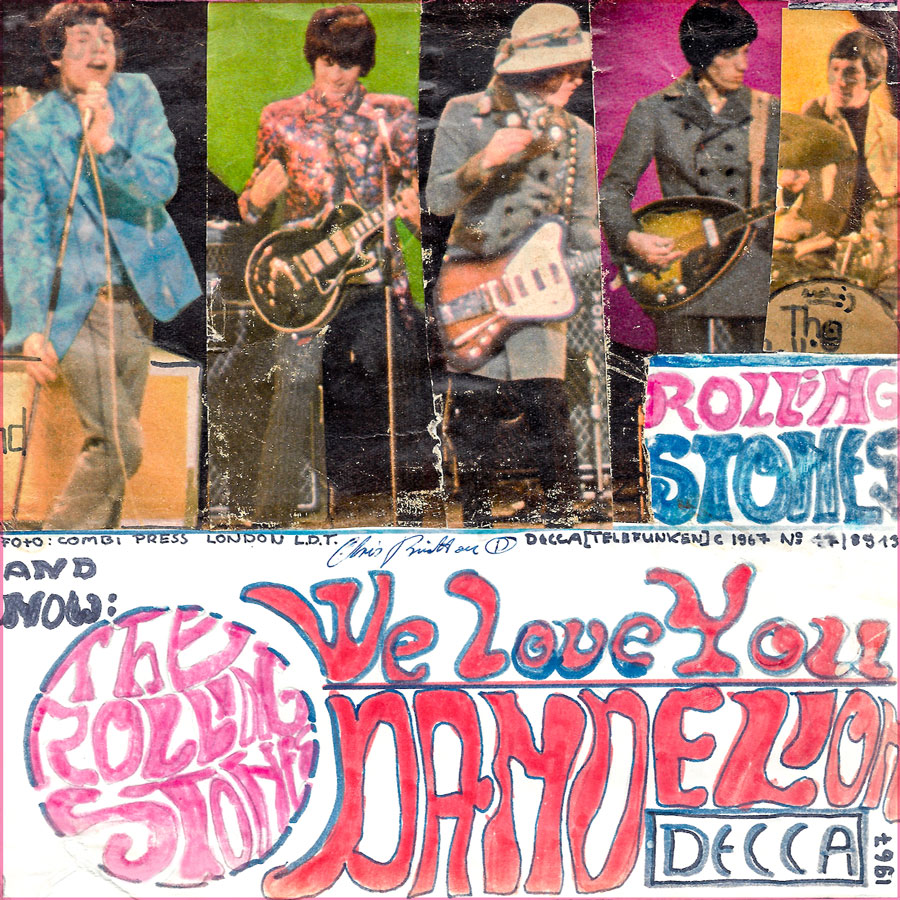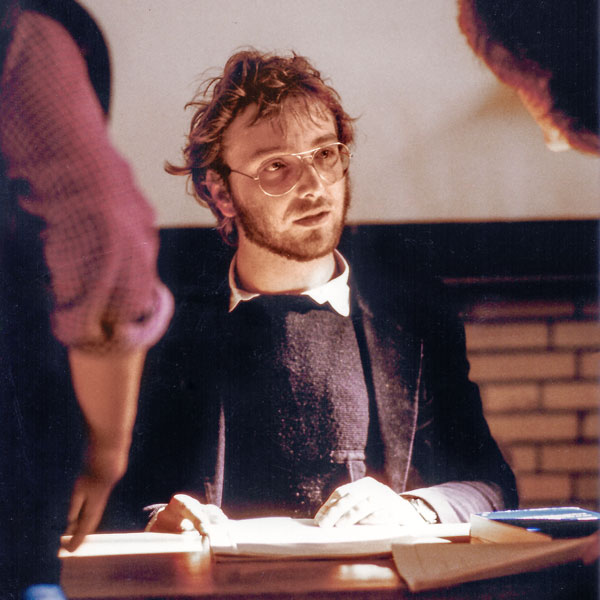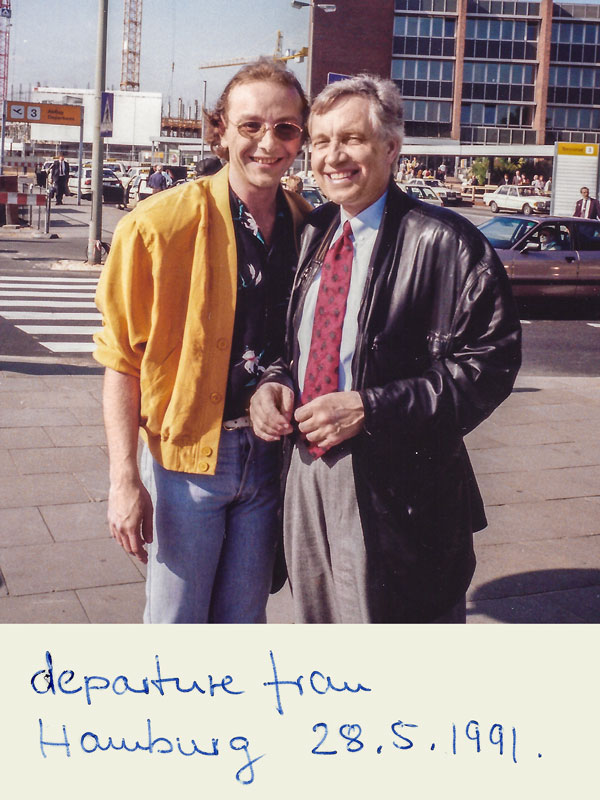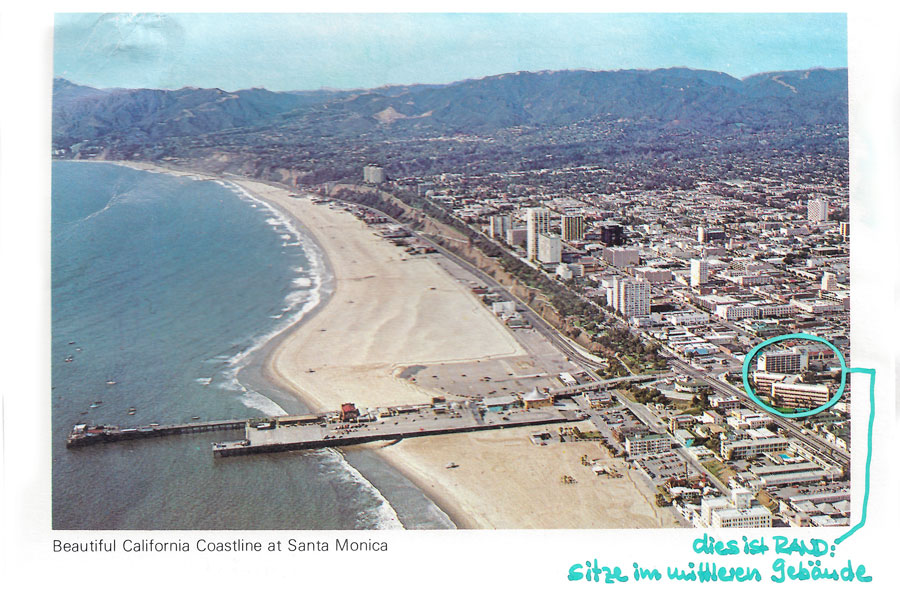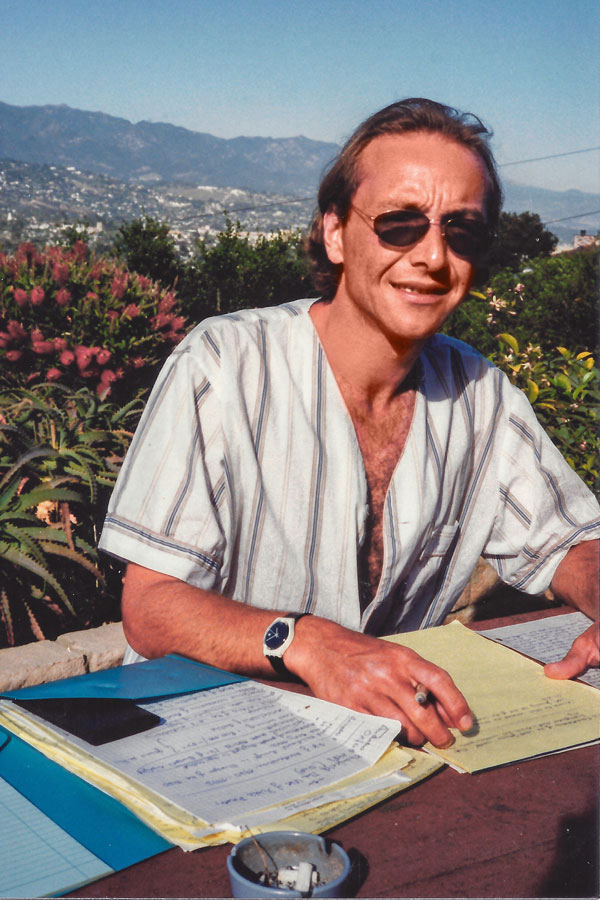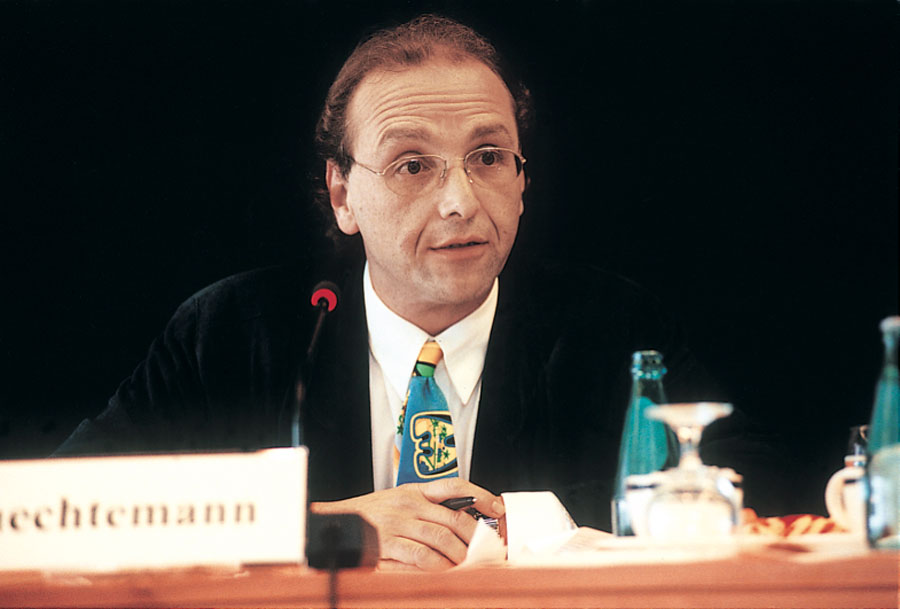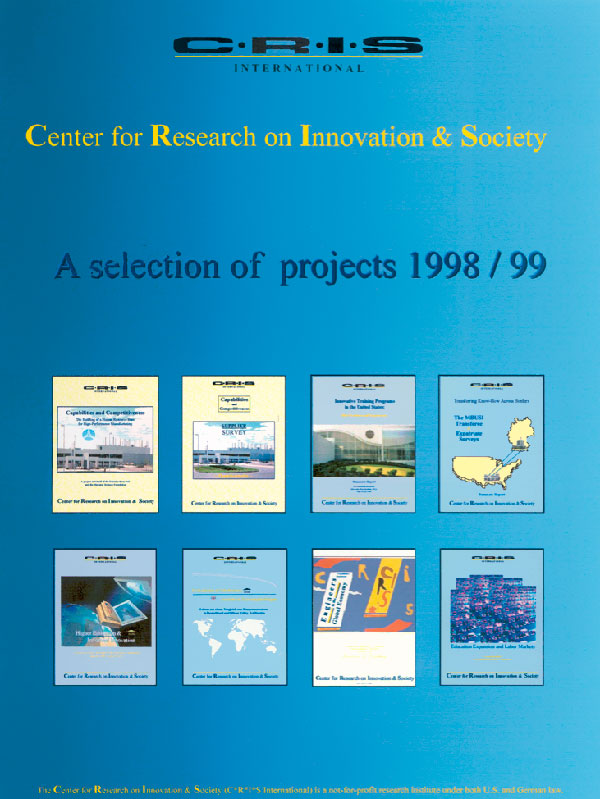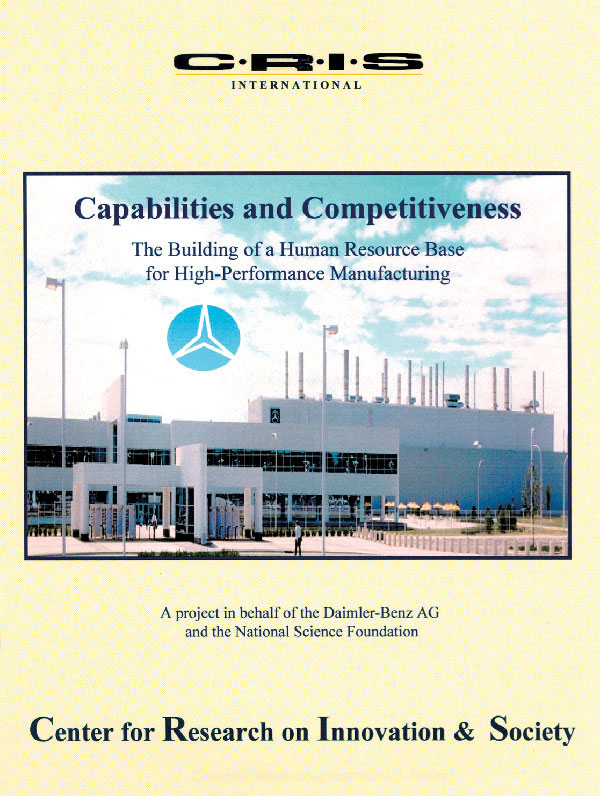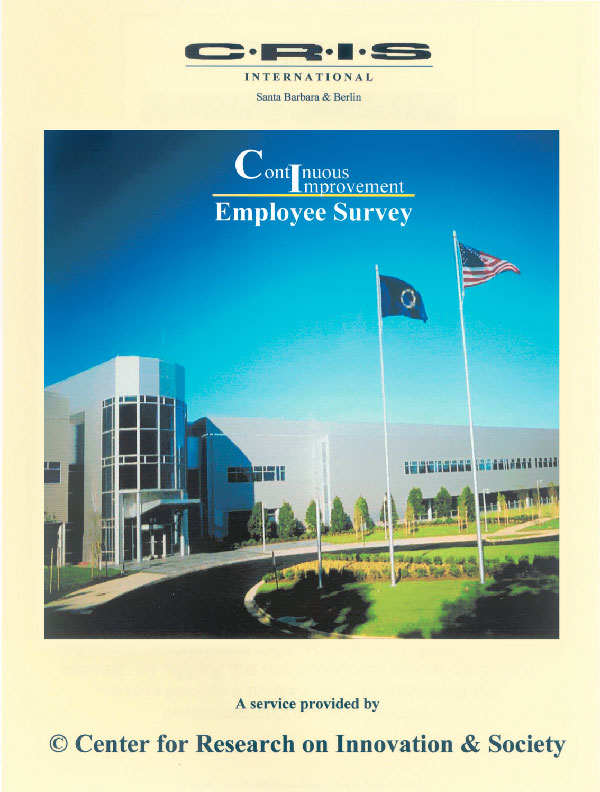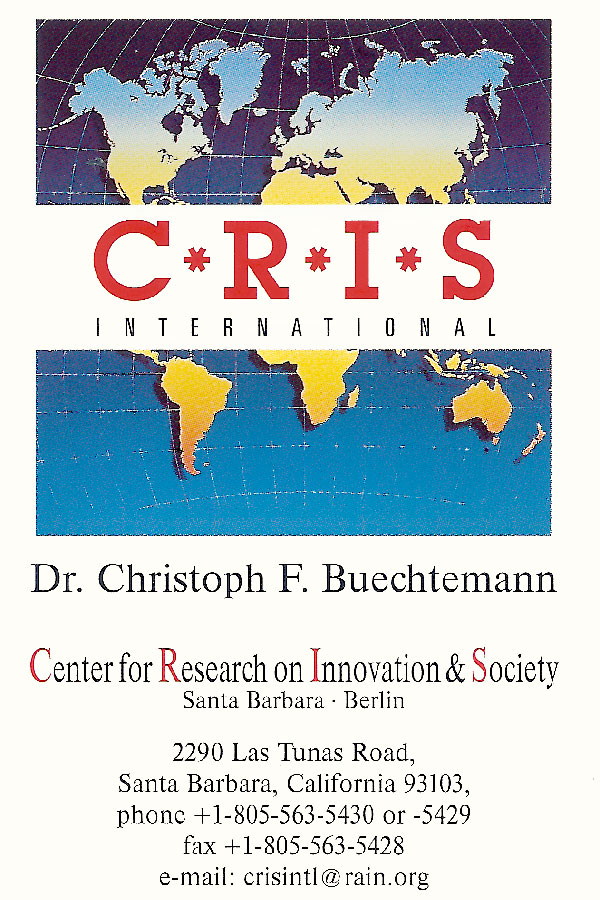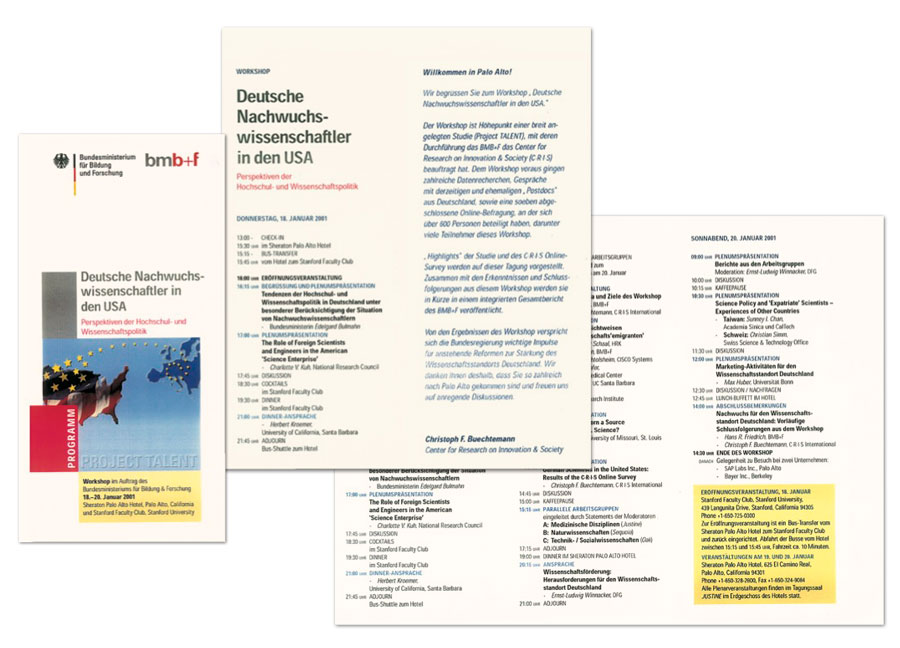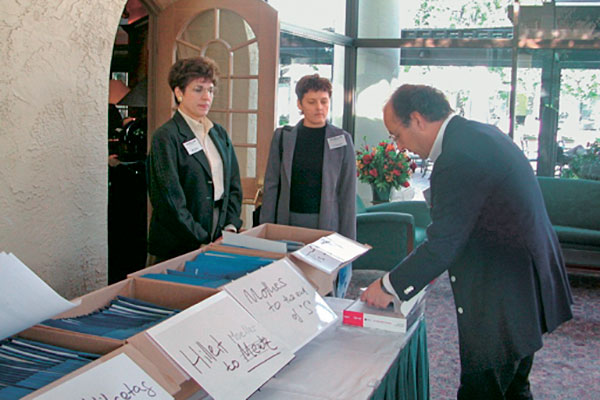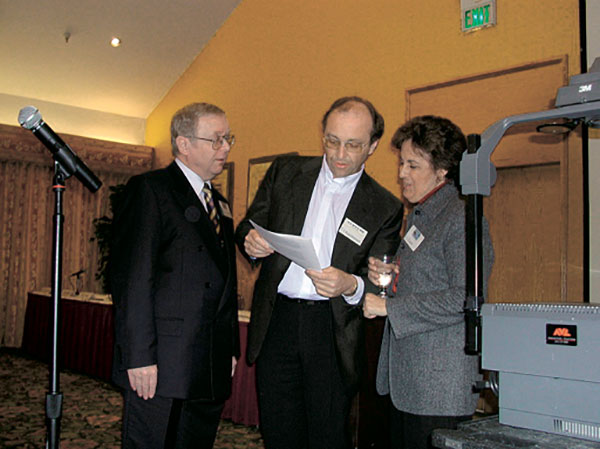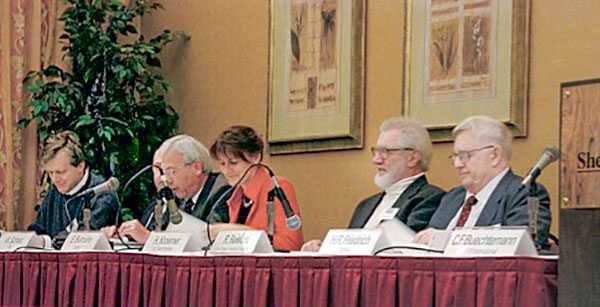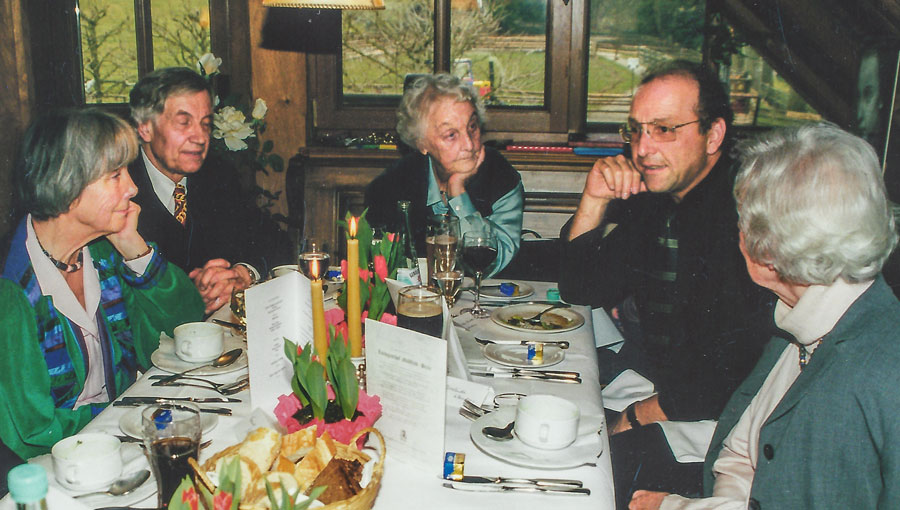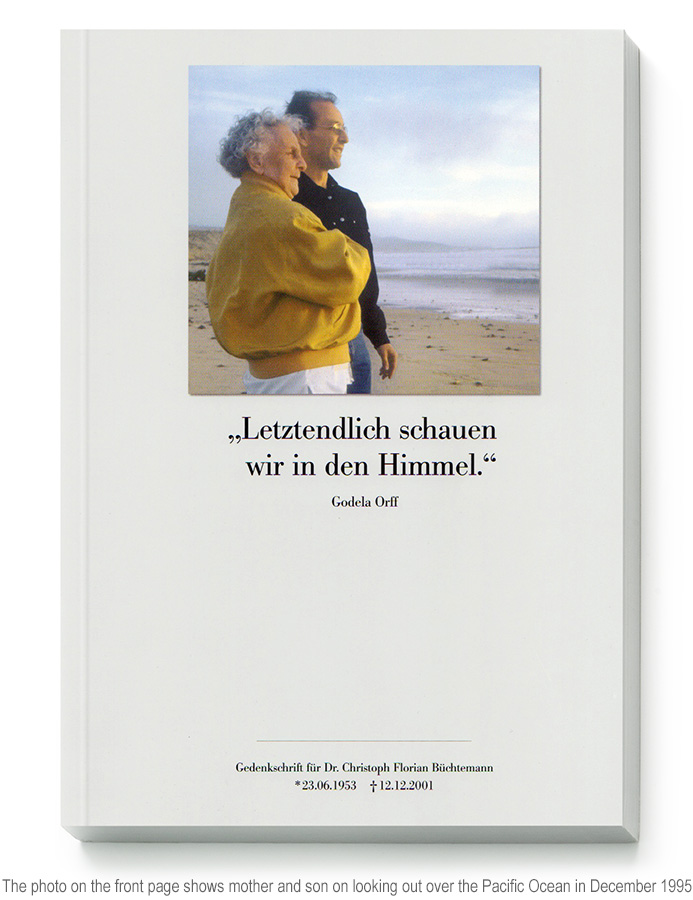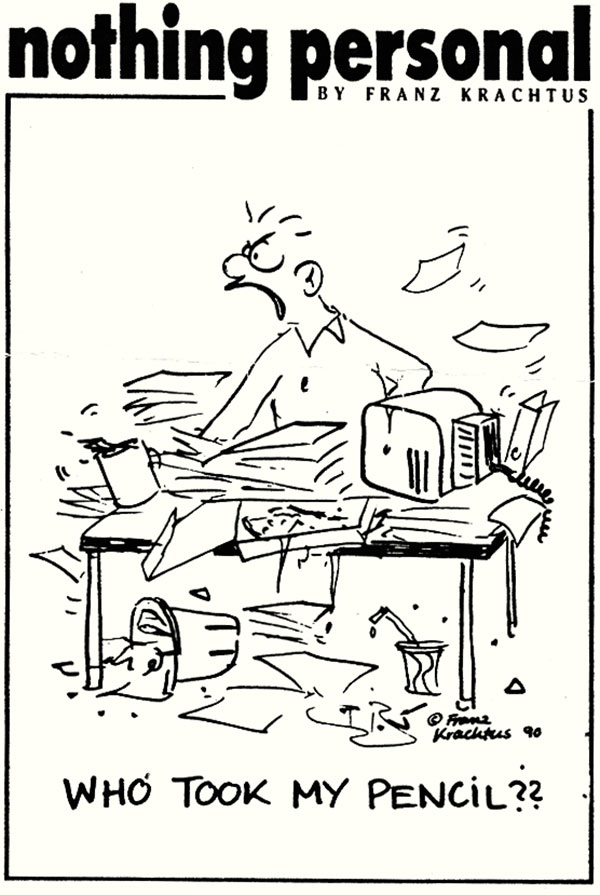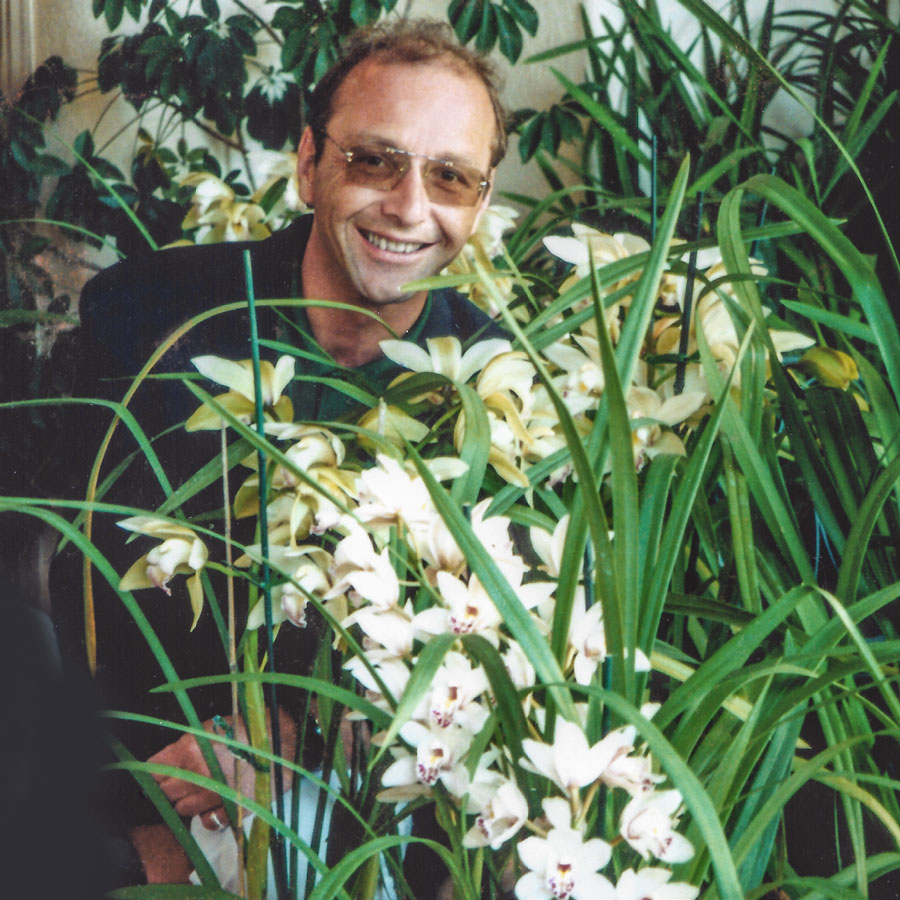Prologue
Godela Orff dreamed of having a large family. It was far more important to her than her career as an actor. It may seem strange, but that’s how it was. Ultimately, she had only one son, upon whom she showered all her love. Throughout their lives, these two strong personalities enjoyed a truly exceptional relationship. In the following I would like to introduce the last member of the Orff-Köstler-Solscher family.
The first time I met him…
was in November 1953: as a young student of medicine, I had just moved into the block of flats in the Neuhausen district of Munich where Godela Orff lived, and was invited to meet her young son, who was four months old at the time.
We hit it off, and I was frequently allowed to give Florian his supper, often a tomato sandwich, when his mother had an evening performance. This close contact from an early age forged a close and life-long bond between us.
Even as a child, Florian astonished everyone with his pronounced sense of order and resolute behaviour. Every evening, the play table was tidied up neatly, the toy cars – of which there were many – carefully parked next to each other, always with the “nose” facing the front. When his nurse, who lived upstairs, scolded him just once, he responded with characteristic consistency, refusing to return to his “Auntie Mädi”.
Adoption
When Godela Orff and I married in 1959, I adopted Florian, who was seven years old at the time. He became “my” son and I became “his” father. It was one of the most enriching things in my life. From that moment on, I felt I was truly his father and Florian rewarded me by spontaneously calling me “Papa”. Later, he told me that he wanted to step out into life as “Büchtemann”, and not as the scion of the Orff family. In light of the global renown his grandfather enjoyed, this was a significant choice and most certainly not the easy option.
His subsequent career showed that he did not need the famous name to succeed.
The first steps to becoming independent
From a very early age, it was very obvious that Florian was a highly self-sufficient young man. His mother had taught him to think independently and make his own decisions: “You decide”, she would say. And that is exactly what he did. At the age of only 14 he flew to London on his own – and had a very unusual encounter: he met Mick Jagger. Without hesitating, he had walked up to the famous singer’s door and knocked. As Christoph later reported, the two enjoyed a relaxed conversation.
Florian would spend hours listening to his albums, seeming almost to live in his own world. A live performance by the Beatles at Munich’s Malteser-Palast was the one of the highlights. My ears were still ringing days later, but Florian was ecstatic to have seen “his” Beatles live!
After an adolescence that was not always easy – indeed there were some very stormy times – Florian completed his Abitur exams at Wittelsbacher Gymnasium in Munich-Neuhausen, the school his grandfather, Carl Orff, had also attended.
University
He enrolled at the Ludwig-Maximilian University in Munich as Christoph Florian Büchtemann.
In spring 1981, he completed his studies with a dissertation entitled “Unemployment in the Federal Republic of Germany. A systematic secondary analysis of empirical research results.” He graduated as Magister Artium in political science, sociology and modern history.
In 1983, Christoph completed a doctorate at Ludwig-Maximilian University in Munich with the topic: “Coping with unemployment over time – A representative longitudinal study of the unemployed and employed 1978-1982.”
An overview of his first career steps:
1979-1983: Study director at INFRATEST in Munich in the field of education and labour market research.
1981: Guest lecturer at the Faculty of Political Science at the University of Hamburg.
In 1983, Christoph left INFRATEST. On his departure, the Director of the Institute, Bernhard von Rosenbladt, wrote: “Mr Büchtemann has played a significant role in the positive development of labour market research in our institute… With his professional competence and broad interests, he was able to build important thematic bridges to socio-political as well as educational policy issues.”
But ultimately, the atmosphere in Munich was too constricting for Christoph. He wanted to see more of the world. He was a cosmopolitan, unlike his mother and grandfather, neither of whom would leave their beloved Bavaria without being forced to.
Christoph goes to Berlin
Between 1983-1985: Researcher in the Socio-Economic Panel (SOEP) and project manager at the German Institute for Economic Research (DIW), Berlin.
1984: Lecturer in labour economics and human resource management in the Department of Economics at the Free University of Berlin.
1985-1991: Senior researcher and research coordinator in the research department “Labour Market and Employment” (LME) at the Social Science Research Centre Berlin (WZB).
Christoph moves to the USA
1990: Christoph received a scholarship for a nine-month visiting research assignment in the USA from the American Council of Learned Societies (ACLS), New York. His first domicile was Santa Barbara. From there he contacted the RAND Corporation in Santa Monica.
1991: Christoph became a senior economist in the Human Capital Department at RAND Corporation.
Christoph was an aesthete.
He was fascinated by the landscape and nature of his new Californian home. He was drawn to the most beautiful areas around Malibu, Malibu Valley and Santa Barbara and managed to do a large proportion of his work for RAND from his office at home. He wrote us long, richly illustrated letters, describing his new world, including details about his coyote and the duck that quacked loudly in the background, which he fed with great devotion.
A life-changing decision
In 1995, Christoph had to choose between accepting an executive position at the Bertelsmann Foundation or setting up his own company.
The family spent many hours and weeks discussing the matter with him, weighing up the pros and cons, the risks and benefits of becoming self-employed. But in Christoph’s mind there was no doubt:
He wanted to be independent!
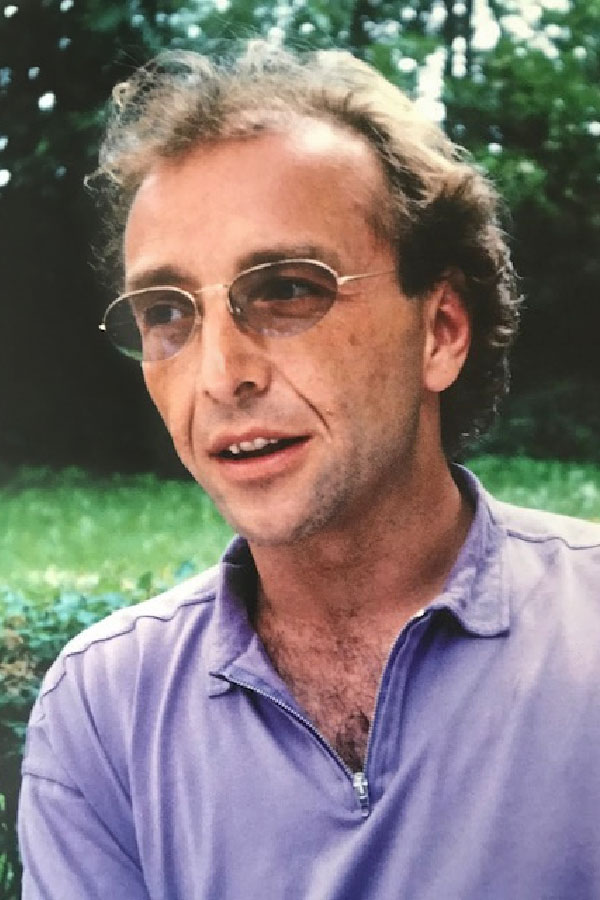
The restless young academic during one of his visits home in Grafrath. This is where he made his decision
In 1995, Christoph founded his own research institute, C*R*I*S International. Center for Research on Innovation & Society, with offices in Santa Barbara and Berlin.
He gathered around him a board of high-carat scientists and researchers from the United States and Germany.
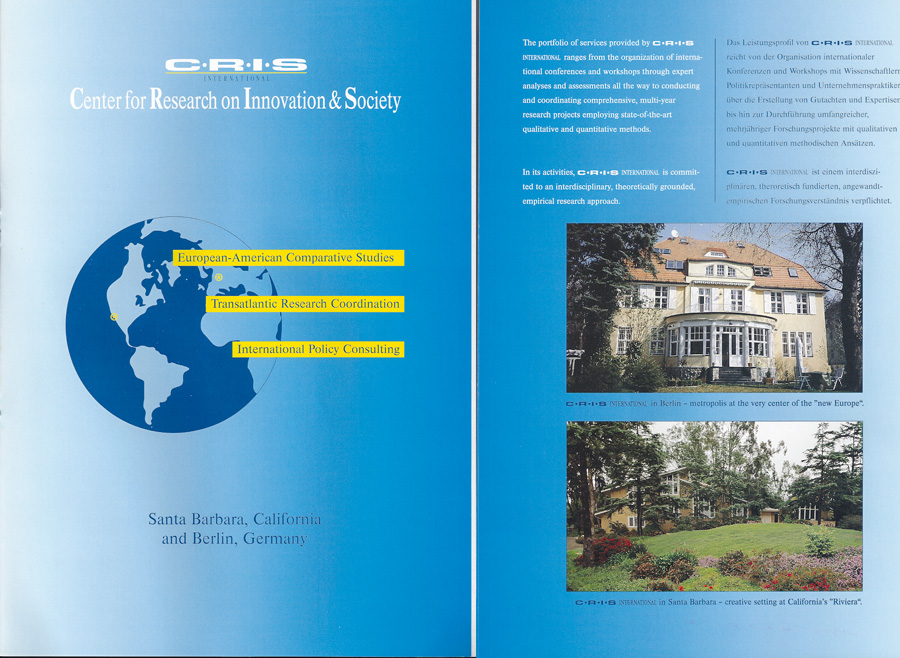
The institute straddled two worlds, Berlin and California, and was fully focused on internationality

Christoph in his Californian institute. The telephone, the fastest form of communication between the two worlds, never stood still. His cat was always allowed to “listen in”
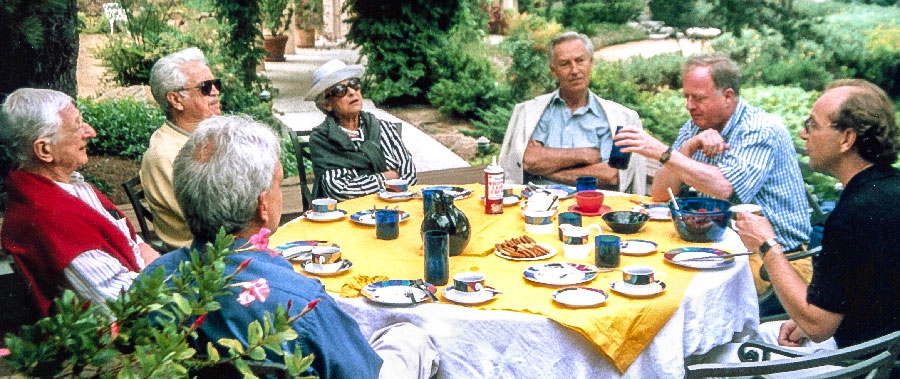
Board Meeting 1998 chaired by Christoph F. Büchtemann with Professors Erich Fock, Burkhart Lutz, Burton Clark and wife, Hermann Schmidt and Meinolf Dierkes (from left to right) in Santa Barbara
The results of his work fill multiple volumes…
Christoph’s exceptional diligence, his high level of intelligence, his analytical mind, his devotion to research – and perhaps also the premonition that he did not have much time left – produced a huge number of publications in expert journals, specialist books and project reports, which were published from 1977 onwards and through his institute. This is just a small selection.
At the pinnacle of his career:
The two-and-a-half-day workshop on the campus of the University in Paolo Alto, Stanford University from 18-20 January 2001.
In spring 2000, Christoph was commissioned by the Federal Ministry of Education and Research to organise and lead the results of his talent study “Young German Scientists in the USA – Perspectives on Higher Education and Science Policy” in a workshop in Paolo Alto with high-ranking, international scientists and research academics and 150 young German scientists studying in the USA.
Almost inconceivable: Christoph was responsible for all aspects of organising the conference, from the preparation of the programme, contacting all participants, preparing the participants’ documents to booking the hotel rooms. In addition, a report on the workshop had to be prepared before the conference as well as a lecture about latest evaluation of the survey by C*R*I*S International Online (as his assistant, Dr. Verena Tobsch, wrote in the Essays in memory of Christoph Florian Büchtemann).
In December 2000, Christoph sent out his invitation brochure for the workshop to every single participant in Germany and the USA.
The event kicked off on 18 January 2001…
A highly distinguished panel: Federal Minister of Education Edelgard Bulmahn, DFG President Professor Ernst-Ludwig Winnacker, Nobel Laureates Professors Johann Deisenhofer and Herbert Kroemer, and Andreas von Bechtolsheim, founder of Sun Microsystems. The panel was chaired by Christoph.
In May 2001, only three months after the workshop in Paolo Alto, the report was published: 220 pages of perspectives, suggestions, visions.
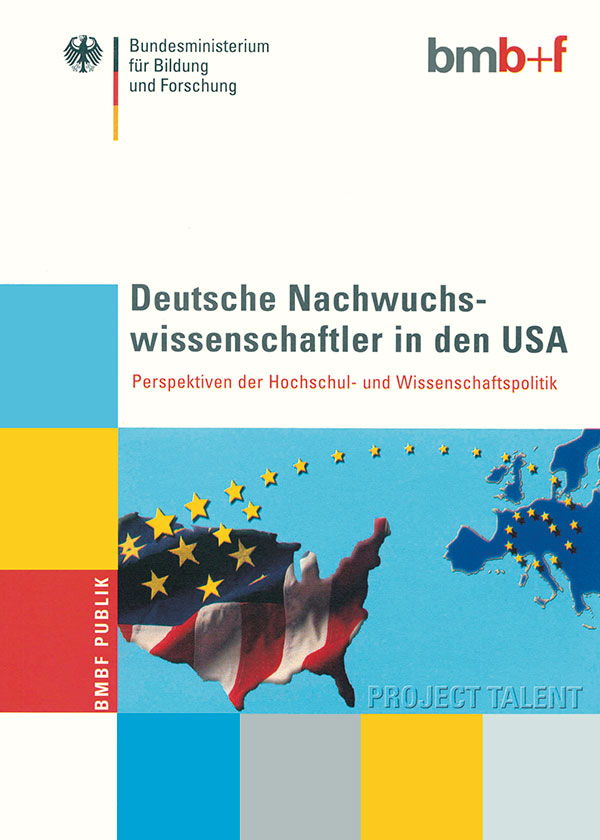
The fruits of the workshop in Paolo Alto: The report “Young German Scientists in the USA – Perspectives on Higher Education and Science Policy”
But there was darkness on the horizon
Christoph had needed all his energy to pull off the event in Paolo Alto, and he was weakened. He had already requested my medical advice in the summer of 2000, seeking an explanation for his severe back pain. There was speculation, and a malignant tumour was not ruled out.
In February 2001, Christoph dashed back to Germany for his mother’s eightieth birthday.
He had no time to celebrate
To our immense disappointment, Christoph was forced to leave on the evening of the birthday celebrations to depart for Berlin and then on to Santa Barbara to get his affairs into order. He probably knew it would be his last trip to the United States.
He hastened back. In the medical centres of Munich and Berlin he sought the advice of experts to determine the cause of his steadily worsening general health, his back pain and his unsteadiness when walking, and to hear their suggestions for a therapy.
He ultimately chose the Charité in Berlin, and was operated on there in July 2001. The surgeons discovered a malignant tumour that had already spread to other organs. It was the beginning of a long stay in hospital in Berlin and Spandau. It was the start of many months, days, hours and nights that forged an even closer bond between Christoph and myself. Repeatedly, he would ask: “Papa, what is my outlook?” And when I replied that he needed to recover and get back to health, that would satisfy him.
In September 2001, from his sickbed, Christoph edited and proofread his final publication: “Lifelong Learning – Best Practices in Workplace Training in Leading High-Tech Companies in the USA”. Dr Verena Tobsch and Dr Frank Stille organised the publication of the report.

Christoph’s final publication in September 2001. He was no longer able to organise the publication himself
Listening to the Rolling Stones for the last time …
A fortnight before Christoph died, Jürgen Schupp visited him in hospital and played the latest CD by the Rolling Stones. The small hospital room was filled with loud rock music. Christoph said that he needed the voice and power of Mick Jagger to get back on his feet. Sadly, the power and strength he so desperately needed never returned.

Christoph’s closest friend: Professor Dr. Jürgen Schupp, Senior Research Fellow DIW Berlin and professor of sociology
The disease took its course…
His mother very frequently travelled from her home in Bavaria to Berlin to be by her son’s bedside. He need all the strength her maternal love and devotion could give him. On 11 December 2001, she returned. Christoph felt his mother’s hand and my presence for the last time. For Christoph, his mother was the best, the dearest person in the world!
Christoph died in the early hours of the morning on 12 December 2001
The funeral was held at Unteralting Cemetery near Grafrath. He was buried in the grave of his Orff grandparents, where he was later joined by his mother. Jürgen Schupp wrote and read a deeply moving obituary.
On the gravestone, his mother wrote:
“Der Tod ist die Befreiung, die Errettung, die Erlösung.”
(Death is liberation, salvation and redemption)
Essays in memory of Christoph Florian Büchtemann
After Christoph’s death at a far too early age, his great suffering and the poignancy with which his life ended, it was a project very close to my heart to see the work and character of this restlessly active mind recognised through contributions by his colleagues, fellow academics and the friends who were close to him. Thankfully, this idea was embraced by a wide circle of renowned colleagues, who compiled a volume about Christoph. To this day, I remain deeply grateful for this recognition and tribute. The resulting book is 130 pages filled with the highest esteem and respect. Christoph’s extraordinary creative power, his highly analytical mind, his tenacious diligence, his brilliant memory, his courage and his outstanding knowledge were repeatedly praised. The volume also included humorous anecdotes like the following: “The French delegation thought Christoph was an American, and the American delegation thought he was a Frenchman!”, said Professor Dr. Eric Verdier. (Christoph was fluent in French and English, and also served on Belgian committees at the Sorbonne in Paris and in Brussels). Dr. Frank Stille wrote that after working with Christoph for a long time and desperately searching for a pencil, “One morning Christoph put a caricature on my desk…”
Epilogue
The subsequent death of Godela Orff in 2013 meant that the Orff stage had become empty – the line has come to an end as there are no more descendants of the Orff family.
From speaking with representatives of the various Orff societies I became aware that very little is known about Orff’s grandson. Even Carl Orff himself died too early to see the brilliance and greatness of his only grandson. This is something I would like to rectify through this website, and let the world find out more about this very special person. Christoph was exceptionally kind, polite, modest, quiet and he had a gentle soul. He never let others feel his superiority. He listened and always had a considered, precise reply to questions. Christoph was generous. His mother and I were the grateful recipients of many beautiful gifts, picked with his exquisite taste. Every year, unfailingly, he would give me a Furtwängler cassette, knowing my love of Furtwängler’s interpretations.
He attended concerts in the Berlin Philharmonie with Jürgen Schupp, and was deeply moved by Alfred Brendel’s interpretations. When Professor Brendel played the five Beethoven piano concertos with Sir Simon Rattle, Christoph was blissful and so utterly in his element. Gifted with a fine ear for music, Christoph considered Leopold Stokowski’s interpretation of the Carmina Burana the best performance of this work.

